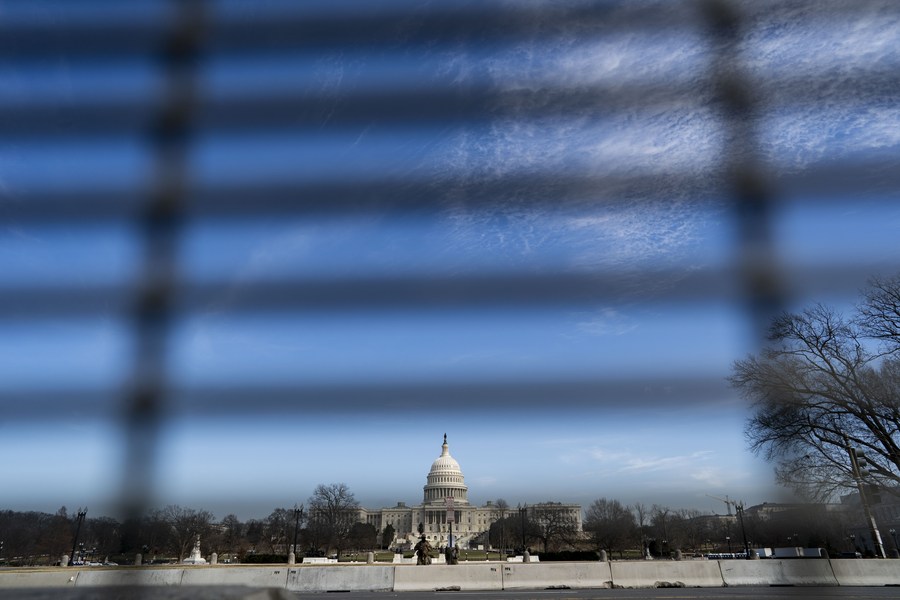With Biden's 1.9-trillion relief plan aimed at recovery, long-term challenges remain


"PARTISAN PROCESS"
Last week, the two Democrat-controlled chambers of Congress approved a budget resolution, which came as a key step to facilitate the relief deal's passage on Democrats' own terms, and a move Republicans considered the opposite of bipartisanship.
Michael Burgess, a Republican congressman from Texas, said it has been "disappointing" that Democrats are using a "partisan process" to pass a major bailout, just days after Biden called for unity in his inauguration speech.
"President Biden's call for unity was a simple talking point and instead of working with House GOP and Senate GOP. Democrats are pushing forward a partisan agenda that doesn't represent all Americans," Burgess tweeted.
In contrast, Biden said Friday that what Republicans have proposed is "either to do nothing or not enough."
"If I have to choose between getting help right now to Americans who are hurting so badly, and being bogged down in a monthly negotiation or compromising on a bill that's up to the crisis, it's an easy choice," said the US president.
In December 2020, Congress approved a 900-billion-dollar COVID-19 relief package, following months of deadlock over the deal's size and scope, but Democrats argued that it failed to go far enough to address the crisis.
Commenting on the reservations from some Republican senators, White House economic adviser Brian Deese in January said Congress had waited for months before taking action, and that a lot of what the 900-billion bill had been doing was "filling a hole" in the second half of 2020 that desperately needed to be filled.
"This is not an issue of Congress acting too much; it's an issue of not acting enough," Deese said. "Without decisive action, we risk falling into a very serious economic hole, even more serious than the crisis we find ourselves in."
In a letter to colleagues on Friday, House Speaker Nancy Pelosi said Democrats sought to finish their work by the end of February, setting an ambitious timeline for the bill's congressional approval. The weekly 300-dollar federal unemployment benefit as part of the 900-billion relief package is set to expire in mid-March.
























